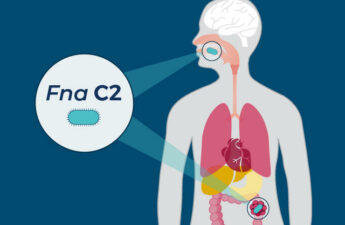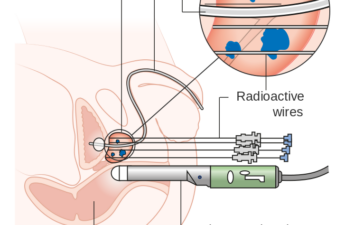Category: Oncology
Mobile phones are not linked to brain cancer, according to a major review of 28 years of research
The possibility that mobile phones might cause cancer has been a long-standing concern. Mobile phones – and wireless tech more broadly – are a major part of our daily lives. So it’s been vital for science to address the safety of radio wave exposure from these devices.
Scientists Link a Single Type of Bacteria to Colorectal Cancer
“It sounds scary, but this is good information to have,” said Susan Bullman, Ph.D., of Fred Hutch Cancer Center, who co-led the study. “Microbes are manipulatable—you can target them. So [as] we see that this microbe is getting to tumors and may be contributing actively to disease progression, we can harness that information and think about how to prevent that.”
Radiation therapy takes advantage of cancer’s poor DNA repair abilities – an oncologist and physicist explain how
Nearly half of all cancer patients undergo radiation therapy as part of their care. Ionizing radiation, or the emission of high-energy waves or particles, works as a therapy by damaging a cancer cell’s DNA. It’s an effective tool for killing cancer cells because they are generally much less adept at DNA repair compared to healthy cells. Damaging specific parts of DNA prevents cancer cells from reproducing, effectively killing them.


